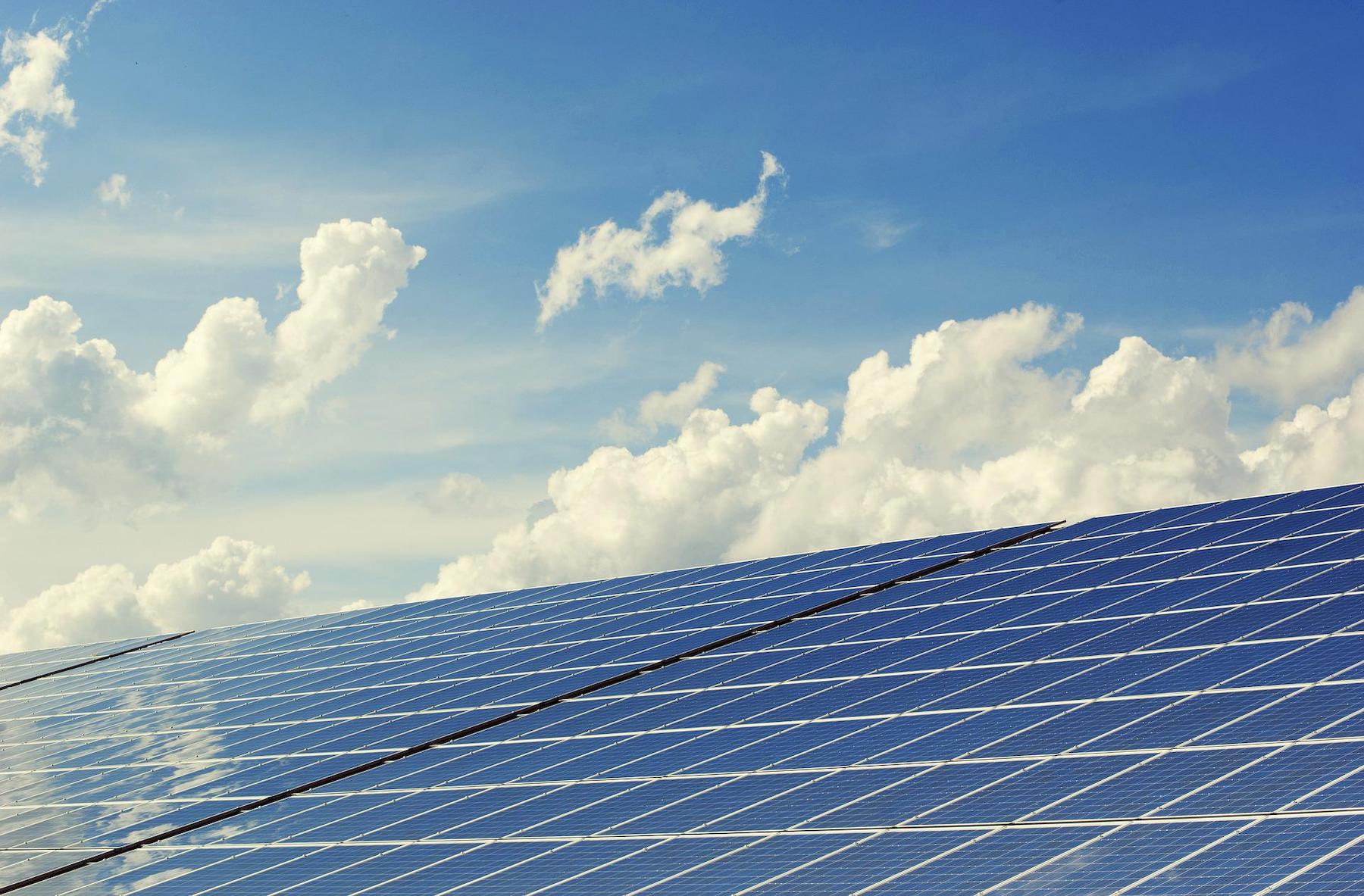The Biden Administration recently waived tariffs on solar panels from four countries in a move advocates say will accelerate the clean energy transition and benefit national security.
The waived tariffs apply to four Asian countries— Cambodia, Malaysia, Thailand and Vietnam—over the next two years. The action was hailed by solar industry and environmental advocates.
Due to fears of tariffs being enacted retroactively, solar industry-wide delays had stalled some planned shutdowns of coal plants. The tariff decision was part of a larger announcement that authorizes the Defense Production Act (DPA) to increase U.S. production of clean energy technology like heat pumps.
The announcement also authorizes the DPA to produce solar panel parts, building insulation, equipment for making and using clean electricity-generated fuels, and power grid infrastructure including transformers.
The DPA action is intended to decrease U.S. reliance on gas and oil, which the administration says, will benefit national security. It will also spur domestic manufacturing, construction projects, and good-paying jobs, the administration said.
Related Stories
Codes and Standards | May 18, 2017
AIA releases updated edition of its A201 flagship documents
These core documents are updated once a decade.
Codes and Standards | May 16, 2017
Trump’s proposed corporate tax rate changes said to stifle funding for affordable housing
Banks reluctant to commit to specific deals with tax credit status uncertain.
Codes and Standards | May 15, 2017
New IoT-Ready Alliance to establish standard for IoT sensors in LED light fixtures
It aims to make installation of technology easier.
Codes and Standards | May 10, 2017
OSHA increases penalties on South Dakota contractor after fatal building collapse
Agency issues over $300,000 in fines for ‘willful’ safety violations.
Codes and Standards | May 9, 2017
Potential shade on Boston Common from proposed high-rise raises public ire
The Mayor is among those who want to change 1990s anti-shadow law.
Codes and Standards | May 9, 2017
Method of estimating amount of CO2 by building occupants may be inaccurate
New research suggests current estimates may be off by as much as 25%.
Codes and Standards | May 8, 2017
National Fenestration Rating Council’s new U-factor standard open for public comment
Member-approved ballot change to NFRC 100 comments to close on May 28.
Codes and Standards | May 4, 2017
Millennials’ views on sustainability could influence the workplace
Nine out of ten say it is important that they work for a company committed to sustainability.
Codes and Standards | May 3, 2017
New York State extends design-build authority
The legislation includes eight additional projects.
Codes and Standards | May 2, 2017
U.S. announces preliminary tariffs on Canadian softwood lumber
The rates range from 3% to 24% per producer.

















